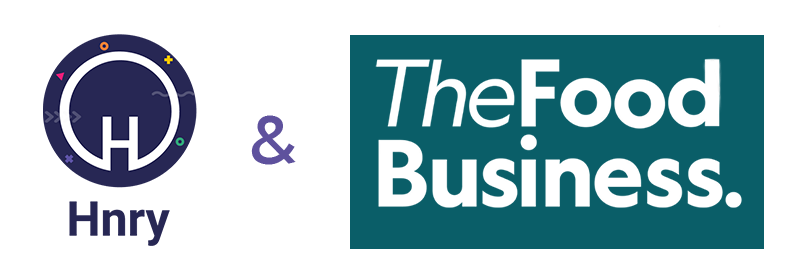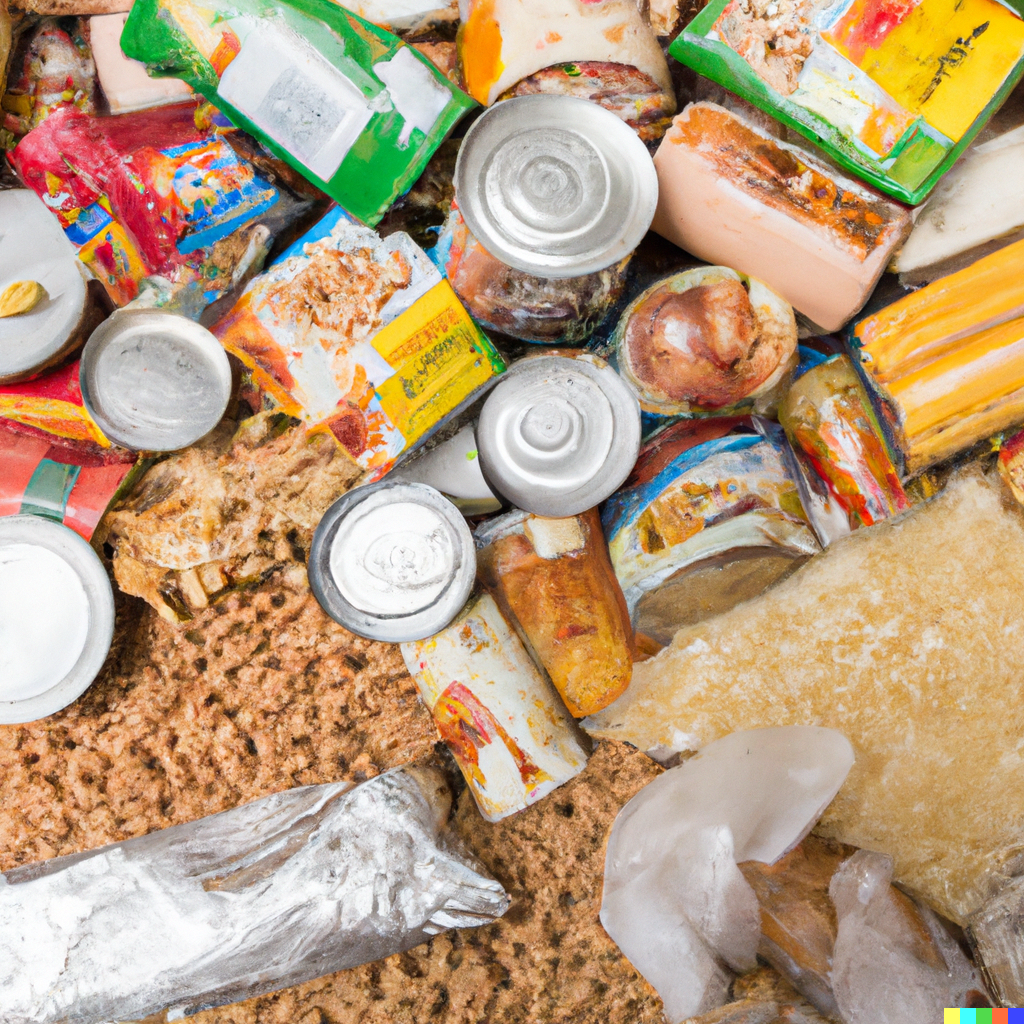Starting a food business can be an exciting venture, but it also comes with numerous challenges, particularly in terms of compliance and licensing. Navigating the complex landscape of regulations and requirements can be overwhelming for small startup food businesses.
This is where the expertise of an agent can prove invaluable. In this blog article, we will explore why it is wise for small startup food businesses to utilize an agent to assist with compliance and licensing, highlighting the benefits they bring to the table.
- Expert Knowledge and Guidance:
Agents specialising in compliance and licensing possess extensive knowledge of the food industry regulations and requirements. They stay up to date with the ever-evolving legal landscape, ensuring that small businesses remain compliant with relevant laws. These agents can guide startups through the process, helping them understand and meet the necessary criteria for licenses, permits, and certifications.
- Time and Cost Savings:
Compliance and licensing processes can be time-consuming and complex. Small startup food businesses often have limited resources and personnel, making it challenging to dedicate sufficient time to these critical tasks. By engaging an agent, businesses can offload the burden of navigating these processes, freeing up valuable time to focus on other aspects of their operations. Moreover, agents' expertise can minimise delays and prevent costly mistakes, potentially saving businesses from fines, penalties, or lengthy processing times.
- Customised Solutions:
Agents understand that each food business is unique, with specific requirements and challenges. They can provide tailored solutions that address the individual needs of the startup, ensuring compliance while optimising efficiency. Agents work closely with businesses to assess their operations, identify gaps, and develop strategies to meet compliance standards effectively. This personalised approach helps businesses establish a strong foundation for long-term success.
- Networking and Industry Connections:
Established agents in the food industry have extensive networks and connections with regulatory bodies, local authorities, and other professionals. These connections can prove beneficial for small startup food businesses, as agents can leverage their relationships to expedite processes, access resources, and gain valuable insights. Agents' familiarity with local industry dynamics also allows them to provide advice and guidance specific to the region, further assisting startups in their compliance journey.
- Continuous Support and Compliance Monitoring:
Compliance is an ongoing process, and regulations may change over time. An agent can provide ongoing support to small food businesses, ensuring they remain up to date with any amendments or new requirements. Agents can conduct regular compliance audits and assessments to identify any areas that need attention, helping businesses stay ahead of potential issues and maintain a strong compliance record.

For small startup food businesses, compliance and licensing can be daunting tasks. Engaging an agent specialising in compliance and licensing services brings numerous benefits. Their expertise, guidance, and industry connections can streamline the compliance process, saving valuable time and resources. Utilising an agent allows startups to focus on their core business while ensuring they meet the necessary legal requirements to operate in the food industry. By leveraging the knowledge and support of an agent, small food businesses can establish a solid foundation for success and confidently navigate the complex regulatory landscape.
Book a call with us to chat through how The Food Business can help.











